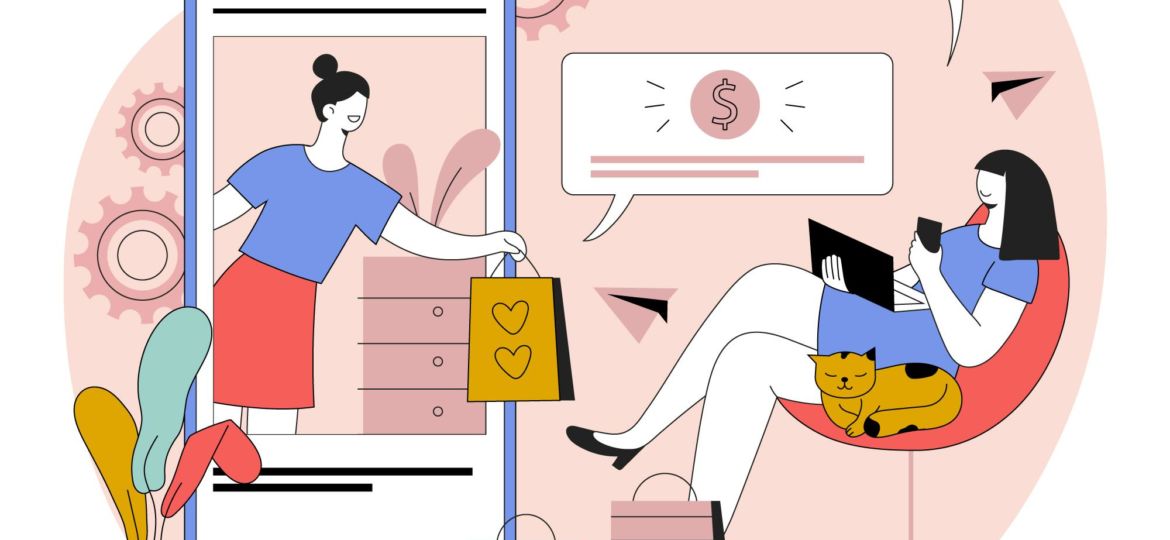
Understanding the Cooling-off Period in Switzerland: differences compared to the EU and the UK
If you are an entrepreneur offering online products to consumers based in Switzerland, or an e-commerce platform looking to expand in Switzerland, it is essential to figure out what the cooling-off period is and how it differs from other European countries.
The “cooling-off period”, also known as the right of withdrawal, is the time set forth by the law (usually up to 14 days) to enable consumers to withdraw from distance and off-premises contracts without giving a reason, and receive a refund within a specified period for the price paid. Shopping online is not the same as shopping in-store, so this is intended to protect the customer from making hurried or uninformed purchases.
In the European Union (EU), consumers can withdraw from distance and off-premises contracts within 14 days of the product’s delivery or the service’s conclusion, with certain exceptions and without an explanation or charges. If consumers are not made aware of these rights, the cancellation period is extended by 12 months.
Similarly to the EU, in the United Kingdom (UK), consumers have a 14-day cooling-off period for distance and off-premises contracts, including those made online, over the phone, or by mail order. The UK’s cooling-off period also applies to the purchase of goods and services.
Unlike the EU and the UK, in Switzerland, the law does not grant a right for consumers to withdraw from distance and off-premises contracts. Although they’re not legally required to do so, some sellers give consumers this right and provide a refund in case of returns, as a gesture of goodwill.
So, what does this mean for business owners and e-commerce platforms looking to offer products and services to consumers based in Switzerland?
- If you already offer services or products to EU and UK consumers, you should consider the differences between the Swiss approach and those adopted by other countries. You can apply the same right of withdrawal rights to all consumers or provide different rules applicable to Switzerland only. Note that a more harmonized approach tends to increases consumer confidence, transparency and legal certainty.
- If you decide to offer a right of withdrawal, then you must explicitly display the relevant conditions in your terms and conditions and on your website (before and after the purchase). Remember to mention the right of cancellation, the cancellation period, and the terms of the cancellation and return. Also, ensure that you have the necessary logistics in place to guarantee the return and delivery of the products within the timeframe specified in the contract.
- Finally, note that the cooling-off period is just one aspect of consumer protection. Different Swiss laws and regulations, such as the Unfair Competition Act and the Consumer Protection Act, also need to be considered.
In conclusion, the cooling-off period is an important aspect of consumer protection in, and it’s important for business owners and e-commerce platforms to understand how it differs from other European countries.
Conclusion
For more information on how Logan & Partners can help you with ecommerce issues, please contact Isadora Werneck and schedule a free 20-minute consultation.
______________
*Image by pikisuperstar on Freepik.

Kiara Brunel Fink
Legal Intern

